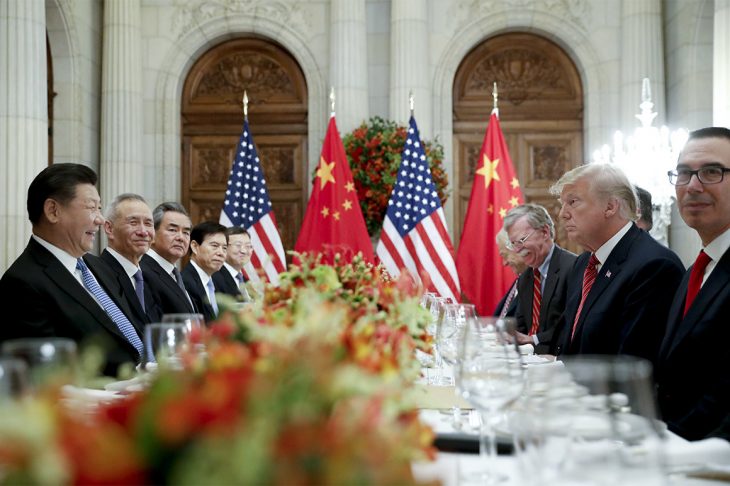Tariff on games consoles delayed by the US

The United States has delayed their plans to increase tariffs on video game consoles coming from China. Today the announcement that specific types of electronic goods won’t see a 10 percent tariff imposed on them until the 15th of December 2019 came from the office of the US Trade Representative.
Prior to today’s announcement the 10 percent tariff would have come into effect on September 1, 2019. Currently there are still a number of products from China, such as cameras, clothes, and food construction materials, which will still see the tariff come into effect on this original date. Still on this list are arcade games, and the replacement parts that go with them.
US President Donald Trump explained to the press today that the reason behind the delayed implementation of this tariff was to avoid, or at least minimize, the impact it will have on sales during the holiday season.
Trump told press that while virtually no US customers have been affected by the tariff, this delay is a precautionary move to dampen the impact on them for the Christmas period. Trump went on to say that so far the US has collected $60 billion from China, but reiterated that the delay is purely to assist US customers.
Unfortunately Trump’s explanation seems to hide the truth behind who the tariffs are being paid by. While his statement insinuated that China, and Chinese companies, will pay the tariff, it will in fact be paid by US companies importing goods from China. As a result, the increased costs to those companies will no doubt be passed on to their consumers in the form of higher product prices.
Trump’s original proposal would have seen a 25 percent tariff placed on goods coming from China, which prompted a number of companies, including Nintendo, Microsoft, and Sony, to write public letters that explained exactly what the impact of those tariffs would be for consumers.
Each console manufacturer pointed out to the public that these tariffs would only serve to harm them, and most companies in the industry. If manufacturers put up their prices, then not only do consumers need to pay more for their consoles, but developers will need to increase the cost of their games in order to offset the extra costs to them for purchasing development licensing fees on platforms.


